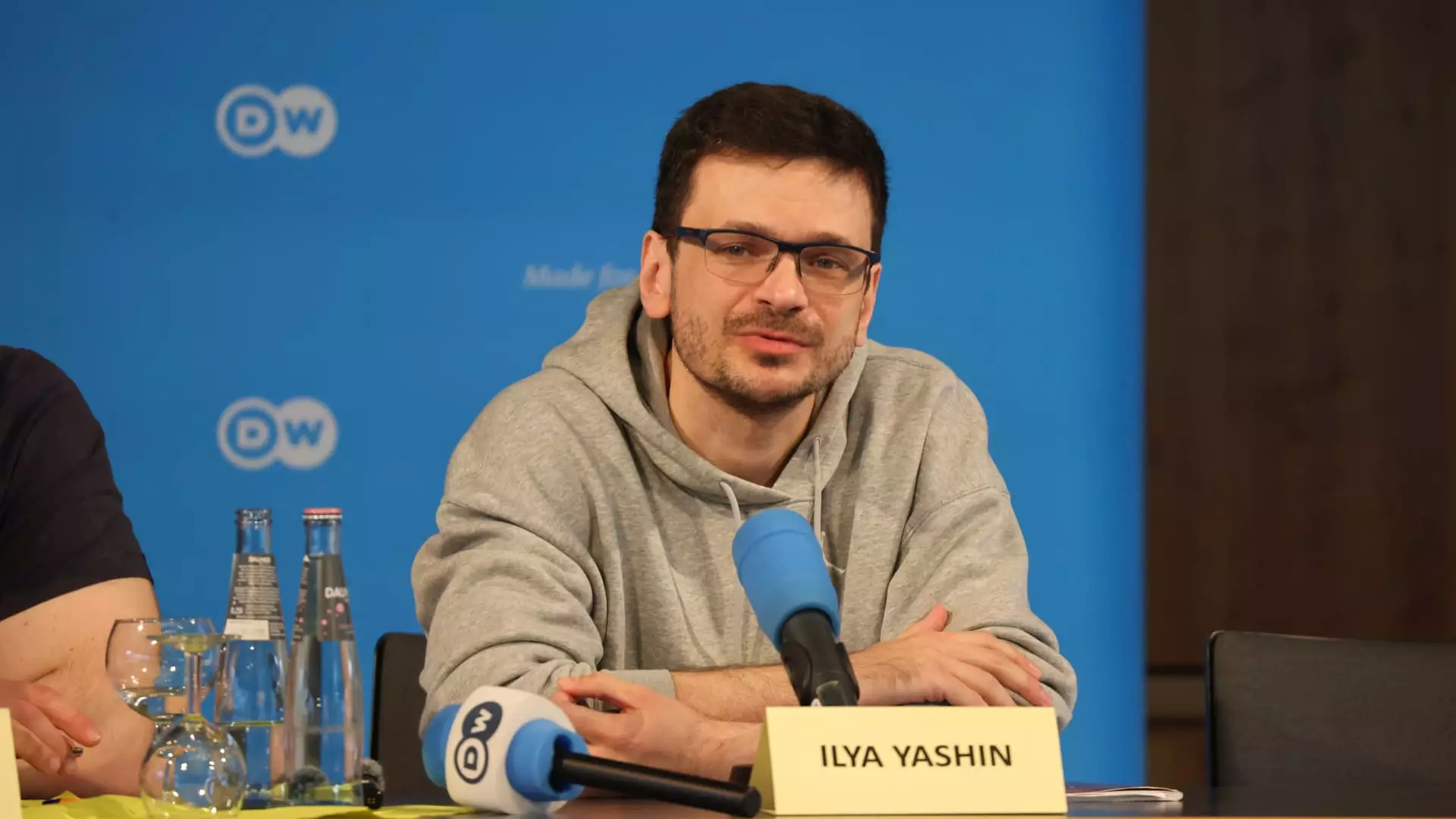The recent prisoner swap involving Ilya Yashin, a Russian opposition activist, and several other prisoners has brought attention to the ongoing political turmoil in Russia. While Western leaders have praised the exchange, Yashin expressed anger at being deported against his will. He criticized the Kremlin for forcing him to leave Russia, stating that he did not consent to the deportation. This raises concerns about the ethics of such prisoner swaps and the impact on individuals like Yashin who are being forced to leave their home country.
Despite being deported, Yashin has vowed to continue his political fight against President Vladimir Putin from abroad. He emphasized the need to work towards a free and democratic Russia and to secure the release of all political prisoners. This determination to carry on the struggle despite the challenges of living in exile speaks to the resilience of individuals like Yashin who are committed to fighting for their beliefs no matter the circumstances.
Yashin and other activists like Vladimir Kara-Murza have been vocal in their condemnation of Putin’s regime and its authoritarian practices. Kara-Murza accused Putin of being a dictator, a usurper, and a murderer, holding him responsible for the deaths of prominent figures like Alexei Navalny and Boris Nemtsov. This bold criticism of Putin’s government highlights the courage of these activists in speaking out against a repressive regime and seeking justice for those who have been silenced.
The accounts of Yashin and Kara-Murza provide insights into the challenges faced by political dissidents in Russia, from imprisonment and isolation to threats against their lives. Despite these hardships, both activists have shown remarkable resilience in continuing their fight for democracy and human rights. Their determination to seek justice and freedom for their country serves as a powerful example of the enduring spirit of individuals who refuse to be silenced by oppression.
The prisoner swap and deportation of individuals like Yashin and Kara-Murza have raised moral dilemmas and difficult decisions for Western leaders like German Chancellor Olaf Scholz. The need to balance saving lives with ensuring justice and accountability complicates the process of negotiating the release of political prisoners. The criticisms faced by leaders like Scholz for their decisions reflect the challenges of navigating complex political landscapes and the competing interests at play in such situations.
The deportation of Ilya Yashin and other political activists highlights the ongoing struggle for democracy and human rights in Russia. Despite facing imprisonment, intimidation, and forced exile, individuals like Yashin and Kara-Murza remain steadfast in their commitment to challenging authoritarian rule and seeking justice for those who have been silenced. Their stories serve as a reminder of the importance of supporting and advocating for those who are fighting for freedom and democracy in oppressive regimes.



Leave a Reply